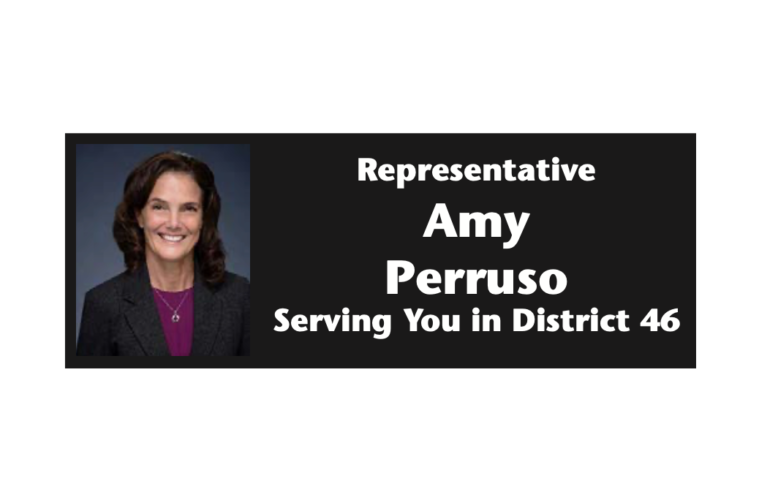I first started to recognize the power of social media to create spaces for important public con- versations when I was a DOE high school civics teacher. I worked hard to include understanding of these new spaces in my media literacy work with students, and critical engagement quickly become a core part of our shared approach to doing civics. In my relatively new role as a state legislator, I have also tried to use platforms like Facebook and Ins- tagram to foster substantive conversations around policy and political choices.
And now, as we move through the challenges of the 2024 legislative session, my colleagues and I are also navigating the changes in the social me- dia landscape. The recent Supreme Court ruling in Lindke v. Freed redefines the evolving relationship between elected officials and the public in the digi- tal domain by confirming the importance of free speech on online platforms and recalibrating the dynamics of digital engagement. This decision com- pels my colleagues and I to reconsider our approach to digital communication and public interaction.
The Lindke v. Freed decision unequivocally signals that the avenues through which we engage with constituents must honor the sacred principles of free expression. This is not a new idea for me. The decision also suggests that any attempt by leg- islators to regulate digital speech must adhere to reasonable standards that have been clearly shared and are well understood, and that any regulation must be in alignment with constitutional protec- tions. This very important Supreme Court decision will move us to reassess how digital platforms are utilized in the political arena, and should encour- age elected officials at every level to support policies and practices that foster open, transparent dialogue while safeguarding against abuses that undermine democratic discourse.
For my colleagues and I, the implications are complex and significant. The decision mandates a more cautious and principled approach to propos- ing and supporting internal policies and legislation that affect speech on digital platforms. Legislators must now ensure that any of our efforts to curb the excesses of the digital age—such as misinformation, hate speech, or cyber harassment—do not infringe upon the fundamental rights guaranteed by the Constitution. The easiest approach, and one that should be avoided, is that which shuts down com-
menting on “official” social media sites to minimize liability for elected officials and our legislative bod- ies. A more sophisticated approach would try to strike a delicate balance, aiming to protect the pub- lic interest without stifling the vibrant exchange of ideas that underpins a healthy democracy.
Lindke v. Freed reshapes the direct interaction between public officials and our constituents on- line. With the affirmation of broad protections for digital speech, officials are encouraged to engage in more robust and open dialogues with the public. This environment should foster a deeper democrat- ic engagement, where constituents can more freely express their opinions, critiques, and endorsements – with aloha. However, it also requires elected of- ficials to navigate an increasingly complex online discourse, balancing the need for constructive en- gagement with the challenges posed by the dark- er aspects of digital freedom, such as trolling and misinformation. Doing this work will require the healthy development of mutual trust, a quality of- ten missing in online interactions.
Educators, community members and civic lead- ers play a pivotal role in this endeavor. You are all tasked with equipping citizens with the critical thinking skills necessary to navigate the complexi- ties of digital discourse, fostering an informed and engaged citizenry capable of contributing construc- tively to democratic processes.
Ultimately, Lindke v. Freed is a call for legisla- tors to innovate within the bounds of constitution- al respect, for civic leaders to advocate for a healthy digital public square, and for citizens to engage in informed, respectful discourse. As we navigate the repercussions of this decision, our collective re- sponse will shape the future of digital regulation, free expression, and democratic engagement in these islands.



